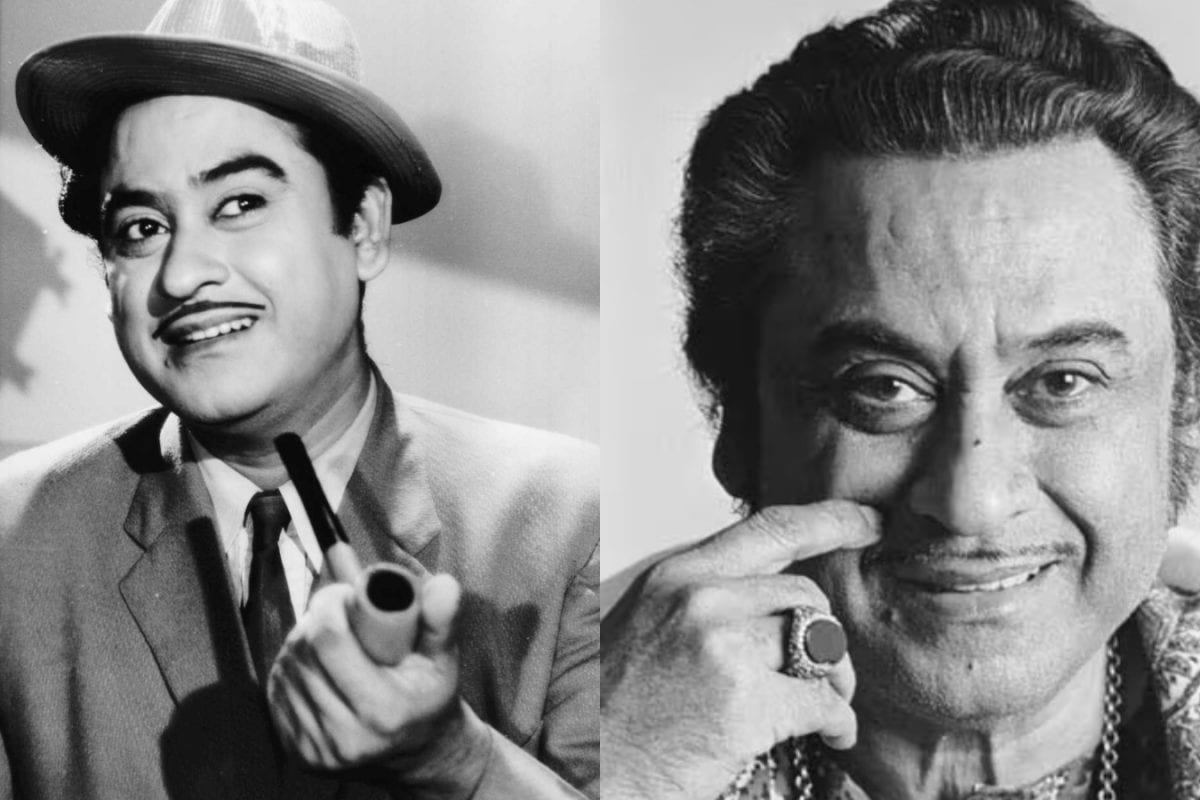

Kishore Kumar, the legendary singer and actor, despite achieving immense success in Bollywood, harbored a deep sense of dissatisfaction with the industry and the city of Mumbai. In a candid 1985 interview with journalist Pritish Nandy, two years before his death, Kishore Kumar expressed his yearning for a peaceful life in his hometown of Khandwa, away from what he perceived as the exploitative environment of Mumbai.
"Who can live in this stupid, friendless city where everyone seeks to exploit you every moment of the day?" he lamented, painting a picture of Mumbai as a place of distrust and isolation. He confessed his dream was simple: to escape the "futile rat race" and live as he always wanted, in his native Khandwa, the land of his forefathers. "Who wants to die in this ugly city?" he questioned, revealing his deep-seated aversion to Mumbai.
Kishore Kumar's discontent stemmed from his aversion to acting, a profession he claimed he was "conned into." He revealed he only wanted to sing but was persuaded to act in films due to circumstances and industry pressure, largely fueled by his brother Ashok Kumar's established stardom. Kishore Kumar admitted to employing various tactics to sabotage his acting career, including deliberately flubbing lines, behaving oddly on set, and even shaving his head. "I have tried every trick in the book to get out of acting," he confessed. Despite his efforts, filmmakers persisted in casting him, driven by his talent and the commercial appeal he brought to their projects.
He found the chaotic and demanding nature of acting intensified his desire for a simpler existence. He compared film directors to schoolteachers, recalling nightmares of his school days. Kishore Kumar felt directors didn't care about him, they just needed him because he brought in revenue. He even admitted to mixing up his lines on purpose, acting angry in romantic scenes or romantic in fierce battle scenes.
His initial arrival in Mumbai was driven by the hope that his brother, Ashok Kumar, would introduce him to the composer KL Saigal. Even after achieving success as an actor, Kishore Kumar maintained that it never brought him any joy. He felt trapped in a system that valued him for his marketability rather than his artistic inclinations.
Beyond his dislike for acting, Kishore Kumar's sentiments reflected a broader disillusionment with the city's superficiality and lack of genuine connection. He perceived Mumbai as a place where everyone was trying to take advantage of each other, making it difficult to form trustworthy relationships. This feeling of alienation further fueled his desire to return to his roots in Khandwa, where he believed he could find solace and authenticity.
Despite his complicated relationship with Mumbai, Kishore Kumar's legacy remains deeply intertwined with the city's cinematic history. His contributions to Indian music and cinema are undeniable, and his songs continue to resonate with audiences of all ages. While he may have viewed Mumbai as a "friendless, exploitative" place, his work has become an integral part of the city's cultural identity, proving that even those who criticize a place can leave an indelible mark upon it.